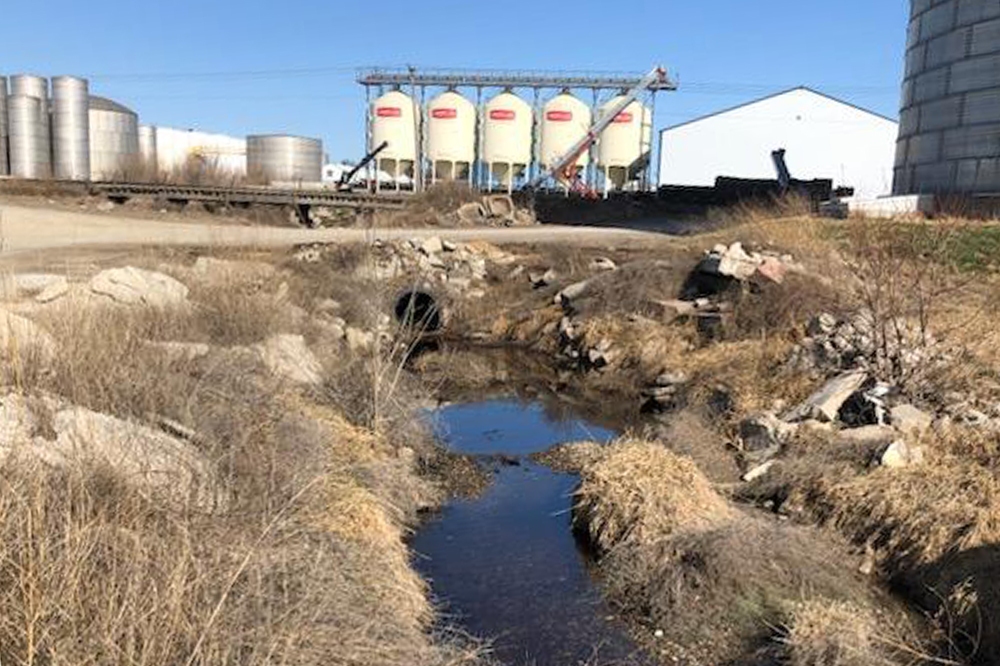Letter from more than 5 dozen Iowans asks for formal investigation into SW IA fertizler spill
May 5th, 2024 by Ric Hanson
(Des Moines, Iowa) – A letter to the Iowa Department of Natural Resources (DNR) from more the five-dozen Iowans from 18 counties, are asking state agencies for a formal investigation of an “unprecedented” fertilizer spill that in March killed 750,000 fish in a Southwest Iowa river. The Gazette in Cedar Rapids reports 63 people signed onto the letter asking for the DNR to pursue “penalties and civil actions,” including referring enforcement to the Iowa Attorney General’s Office, which can pursue bigger fines. Signers of the letter include people from Cass, Clayton, Crawford, Dallas, Guthrie, Greene, Johnson, Linn, Mitchell, Montgomery, Muscatine, Page, Polk, Pottawattamie, Story, Warren, Wayne and Winneshiek counties.
(View a copy of the letter HERE)
Around March 9, someone at the NEW Cooperative in Red Oak left open a hose valve that leaked about 265,000 gallons of liquid nitrogen fertilizer into a drainage ditch that went to the East Nishnabotna River. An employee noticed the spill March 11 and alerted the Iowa DNR.
The Gazette reports Neil Hamilton, a Drake University emeritus professor of agricultural law, wrote in the letter dated April 29th, “The extent of this pollution event is unprecedented and requires the attention of all Iowans. The devastation of life in over 50 miles of the river, including the death of 750,000 fish as reported by your dedicated staff, is difficult to even comprehend.”

New Cooperative spill (File photo from the Iowa DNR)
In addition to seeking higher penalties for offenders, the letter asks the Iowa DNR to work with the Iowa Department of Agriculture and Land Stewardship to review rules about agricultural chemical storage to see if they are adequate to protect waterways.





